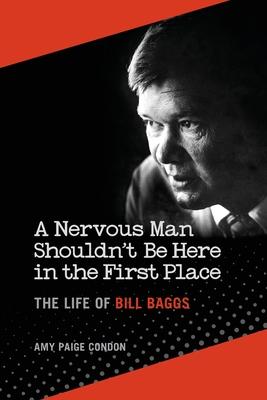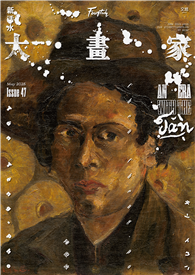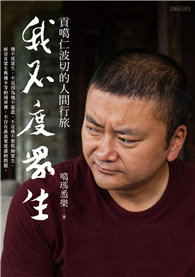"This is not a simple life, my friend, and there are no simple answers."
The late editor of the late Miami News, Bill Baggs, stamped these words on plain white postcards and sent them to readers who sent him hate mail--a frequent occurrence, as Baggs, a white editor of a prominent southern newspaper, championed unpopular ideas in his front-page columns, such as protecting the environment, desegregating public schools, and peace in Vietnam. Under his leadership, the Miami News earned three Pulitzer Prizes. For his stances, Baggs earned a bullet hole through his office window, police officers stationed outside his home, and a used Mercedes outfitted with a remote starter so that if it had been rigged with a bomb, it would blow up before he opened the door. Despite his causes and accomplishments, when Baggs died of pneumonia in 1969 at the age of forty-five, his story nearly died with him, and that would have been a travesty because Baggs still has so much to teach us about how to find the answers to those not-so-simple questions, like how to live in peace with one another? In this first biography of this influential editor, Amy Paige Condon retraces how an orphaned boy from rural Colquitt, Georgia, bore witness and impacted some of the twentieth century’s most earth-shifting events: World War II, the civil rights movement, the Cuban Missile Crisis, and the Vietnam War. With keen intellect and sparkling wit, Baggs seemed to be in the right place at the right time. From bombardier to reporter then accidental diplomat, Baggs used his daily column as a bully pulpit for social justice and wielded his pen like a scalpel to reveal the truth.| FindBook |
有 1 項符合
A Nervous Man Shouldn’t Be Here in the First Place: The Life of Bill Baggs的圖書 |
 |
A Nervous Man Shouldn’t Be Here in the First Place: The Life of Bill Baggs 作者:Condon 出版社:University of Georgia Press 出版日期:2023-09-01 語言:英文 規格:平裝 / 256頁 / 普通級/ 初版 |
| 圖書館借閱 |
| 國家圖書館 | 全國圖書書目資訊網 | 國立公共資訊圖書館 | 電子書服務平台 | MetaCat 跨館整合查詢 |
| 臺北市立圖書館 | 新北市立圖書館 | 基隆市公共圖書館 | 桃園市立圖書館 | 新竹縣公共圖書館 |
| 苗栗縣立圖書館 | 臺中市立圖書館 | 彰化縣公共圖書館 | 南投縣文化局 | 雲林縣公共圖書館 |
| 嘉義縣圖書館 | 臺南市立圖書館 | 高雄市立圖書館 | 屏東縣公共圖書館 | 宜蘭縣公共圖書館 |
| 花蓮縣文化局 | 臺東縣文化處 |
|
|
圖書介紹 - 資料來源:博客來 評分:
圖書名稱:A Nervous Man Shouldn’t Be Here in the First Place: The Life of Bill Baggs
|











